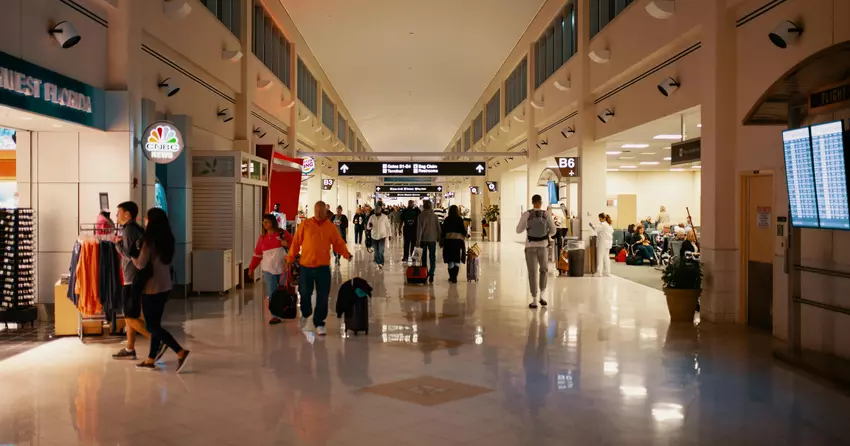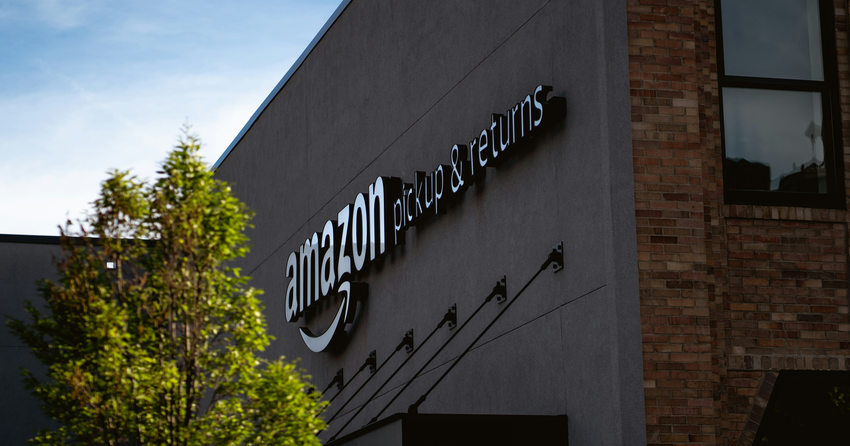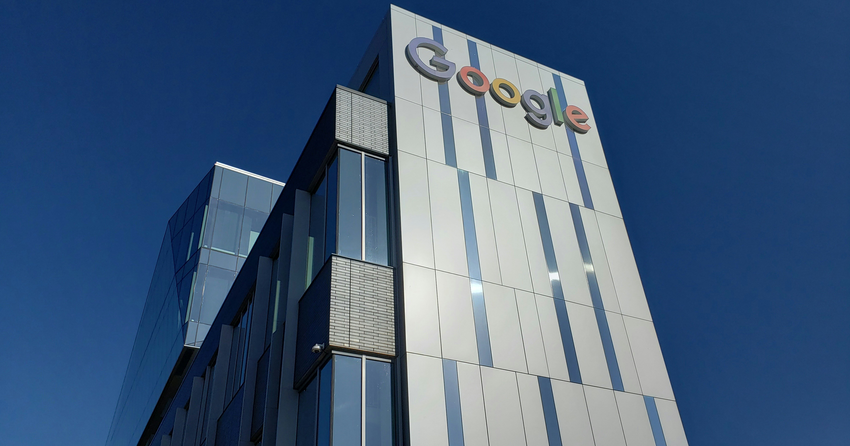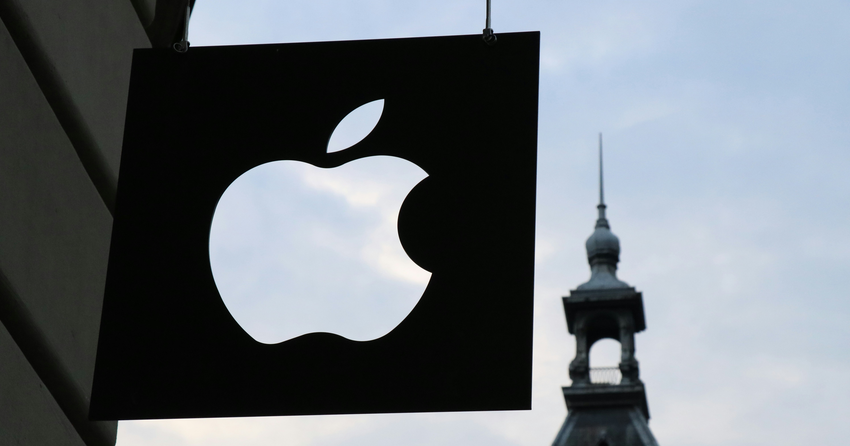
Cyberattack Causes Disruptions Across European Airports
A September 19 cyberattack on a check-in and boarding system provider caused major disruptions across major European airports, including the Berlin Brandenburg Airport, Brussels Airport, and London’s Heathrow, the busiest airport on the continent.
The attack on RTX-owned (formerly Raytheon Technologies) provider Collins Aerospace caused weekend disruptions at major airports across Europe, which ranged from longer waiting times to delayed and cancelled flights.
Over the weekend, London Heathrow experienced delays in 90% of flights, Brussels in 86%, and Berlin in 76%. “Due to a systems outage at a service provider, there are longer waiting times,” Berlin airport said on its website. The Dublin, Brussels, and Heathrow airports issued similar warnings through their social media accounts.
“We have become aware of a cyber-related disruption to our MUSE software in select airports. We are actively working to resolve the issue and restore full functionality to our customers as quickly as possible,” said Collins Aerospace to media outlets over the weekend.
The MUSE system allows “airlines to share check-in desks and boarding gate positions at an airport rather than having their own dedicated infrastructure,” according to Collins Aerospace’s own website.
On September 20, the European Commission said it was “closely monitoring” the cyber attack, adding that “current signs do not indicate a widespread or severe attack.”
Though the original motivations of the hacker(s) were unknown, the European Union Agency for Cybersecurity (ENISA) confirmed on September 22 that the attack was intended as a ransomware operation. Ransomware refers to a type of digital extortion wherein hackers demand money in exchange for stolen information, credentials, or to restore an affected service.
“ENISA is aware of the ongoing disruption of airports’ operations, which were caused by a third-party ransomware incident. At this moment, ENISA cannot share further information regarding the cyberattack,” said the agency in a press release.
There have been several instances of high-profile ransomware incidents this year, and reports of ransomware attacks as a whole have been increasing. Earlier this month, the Claude AI model was used by “vibe-hackers” to facilitate an unprecedented ransomware spree.
At the time of writing, European airports are still experiencing the effects of the cyberattack.















